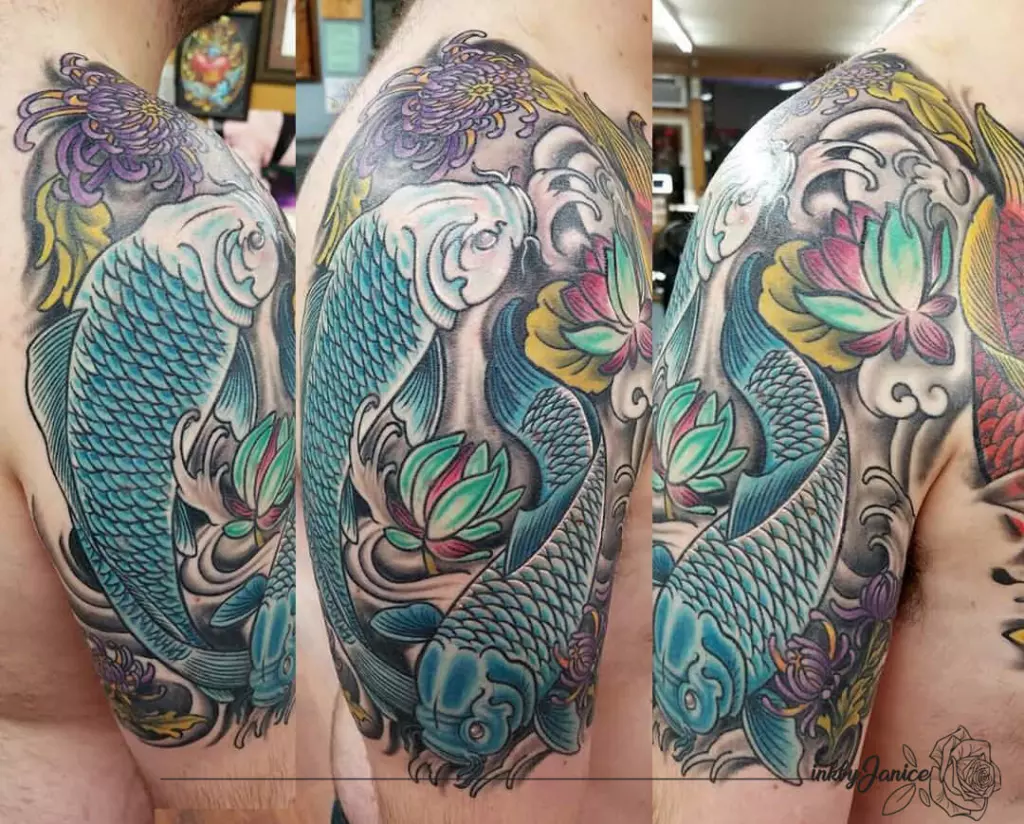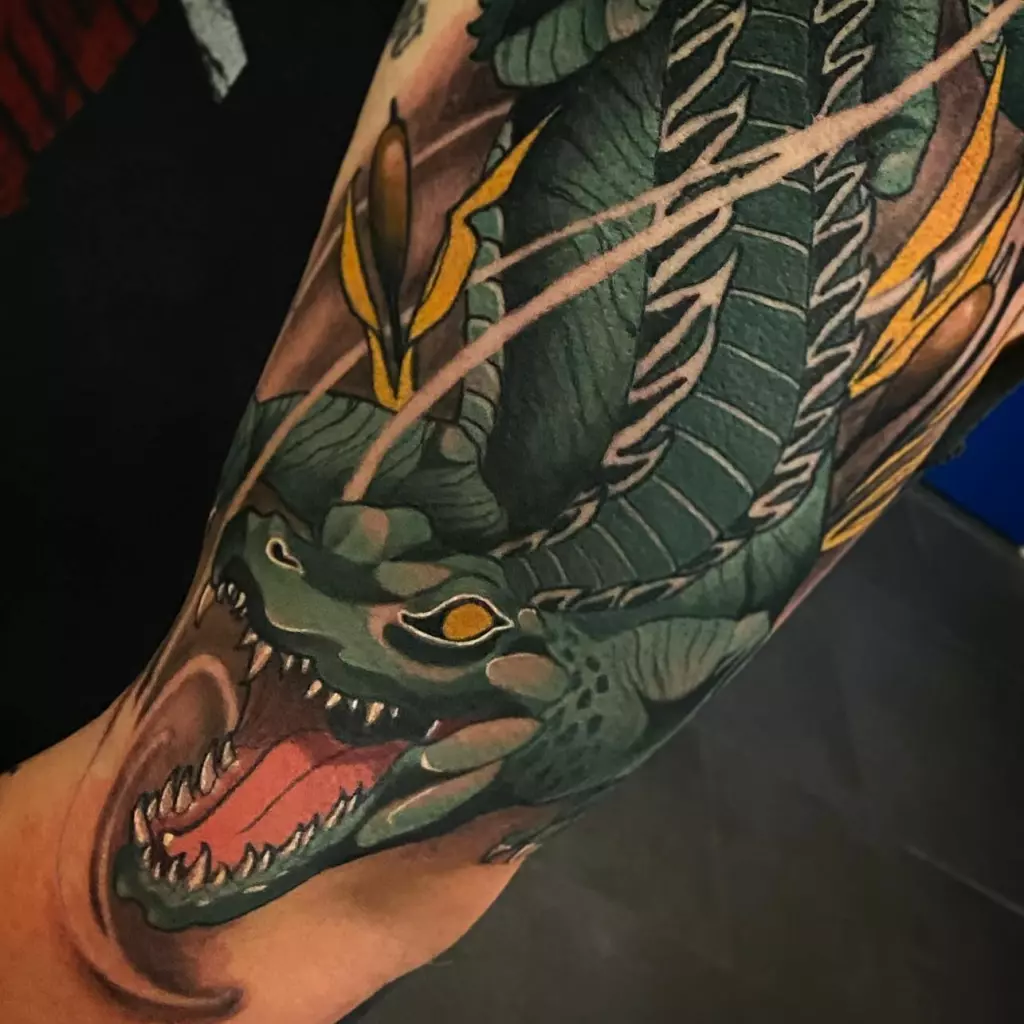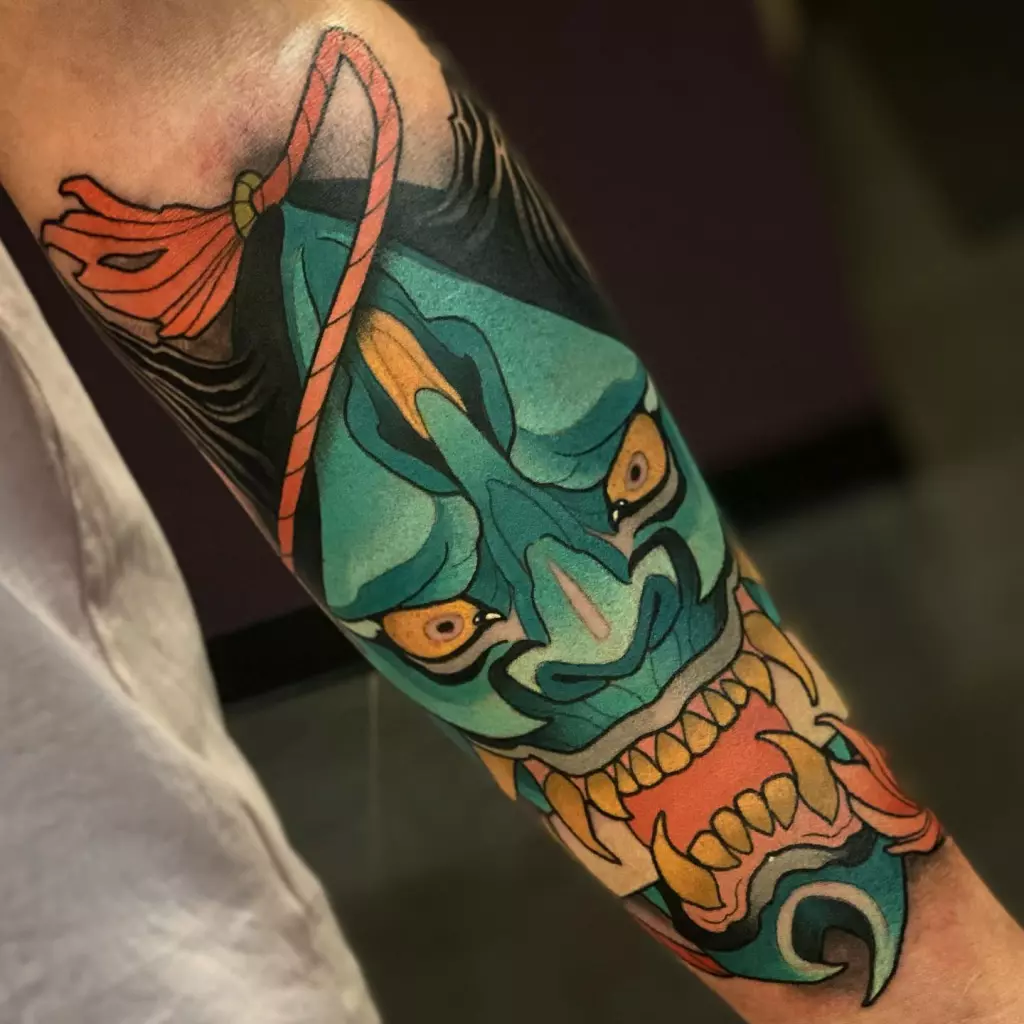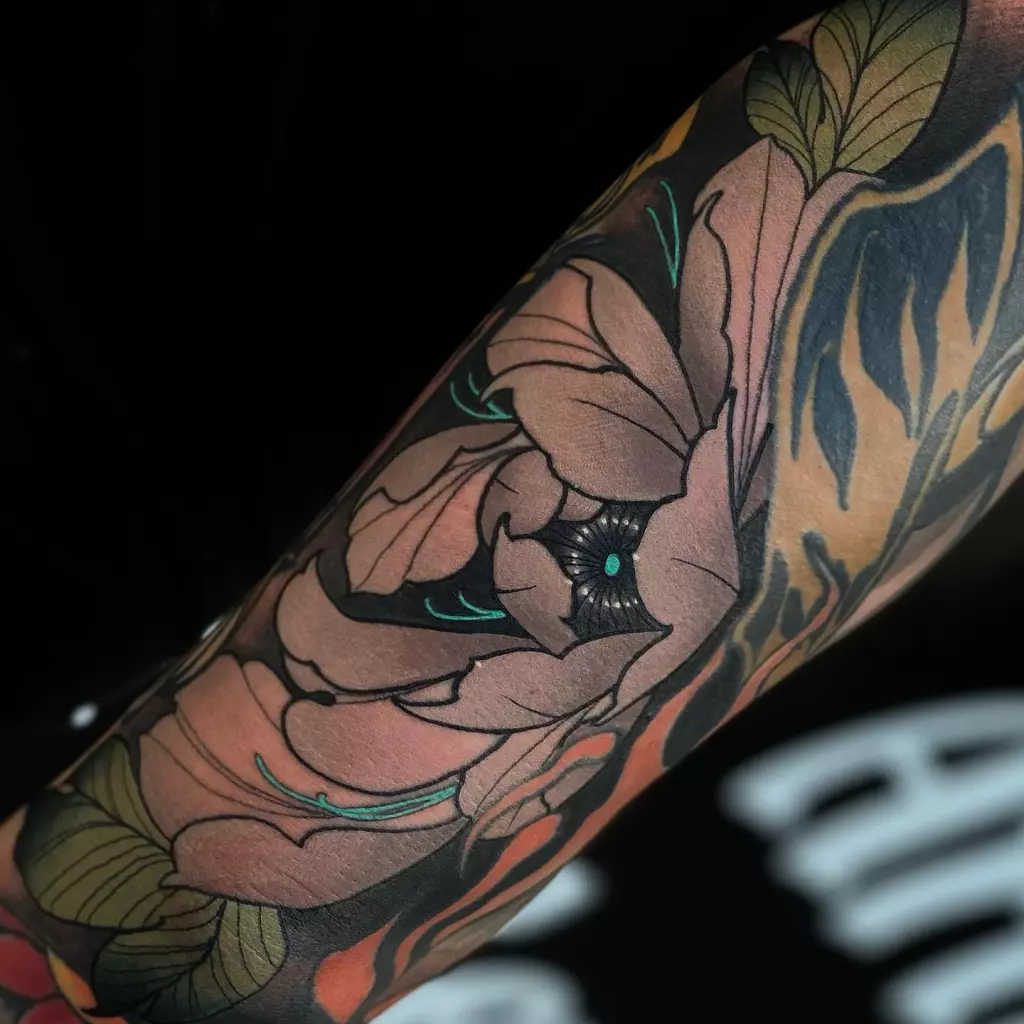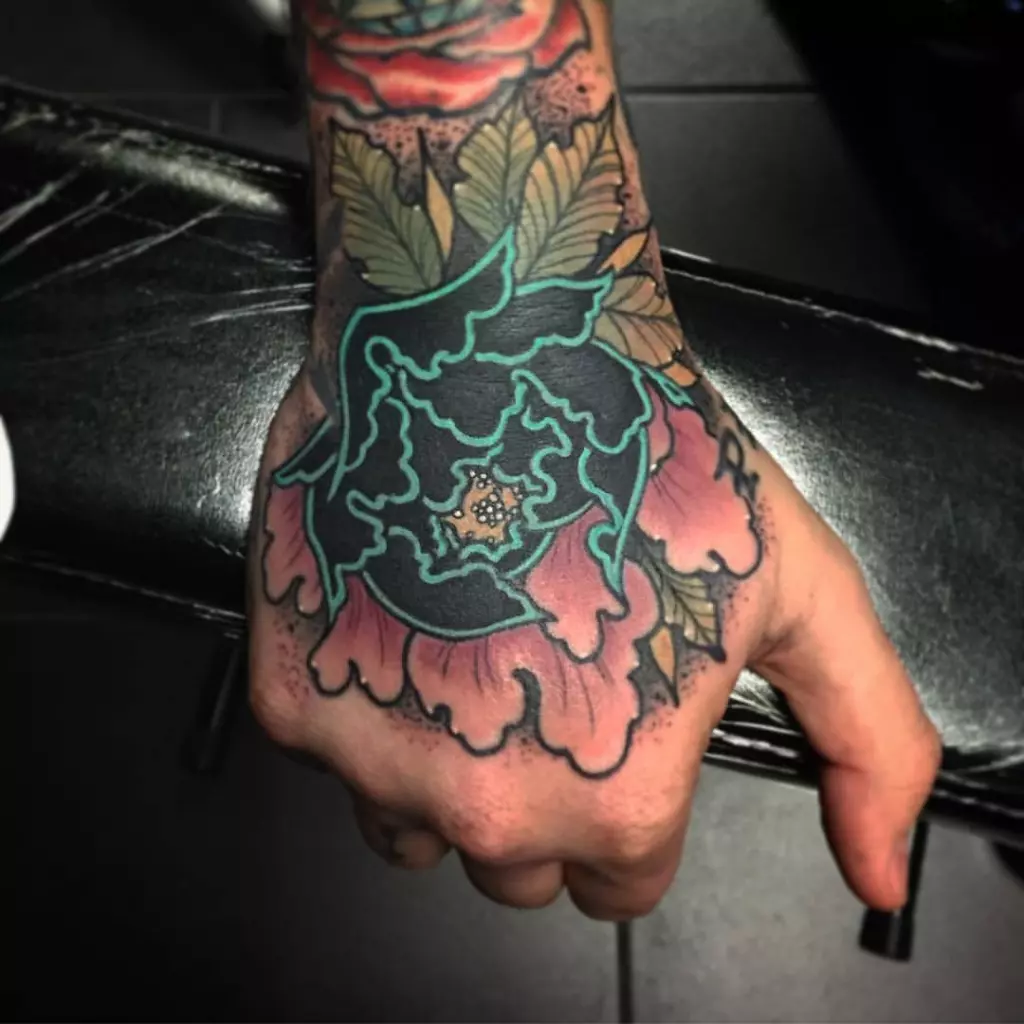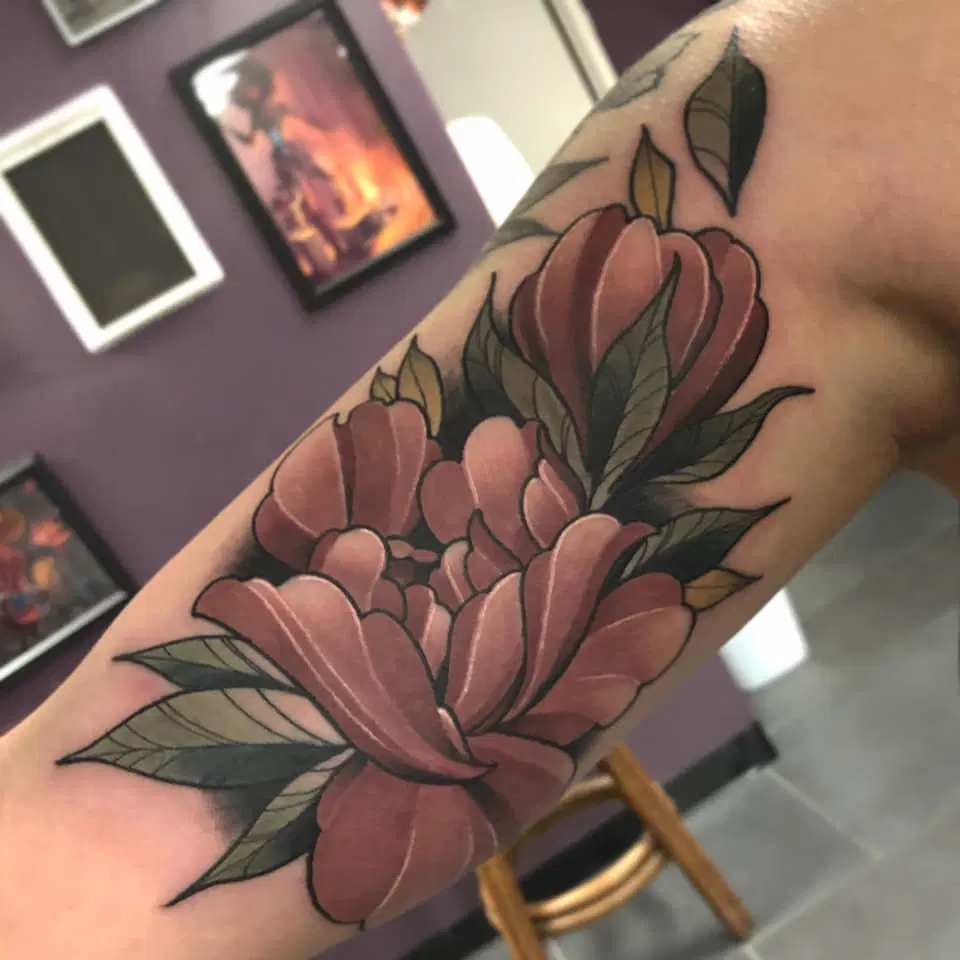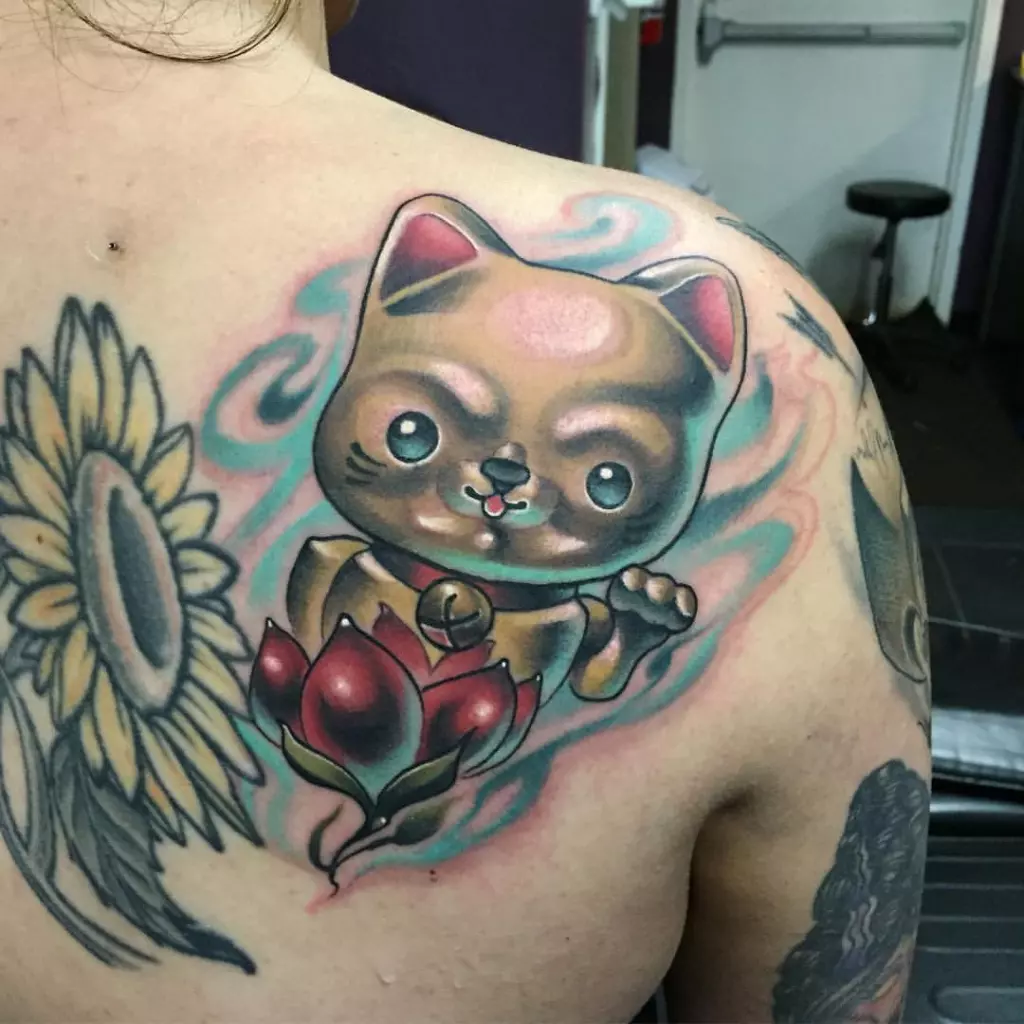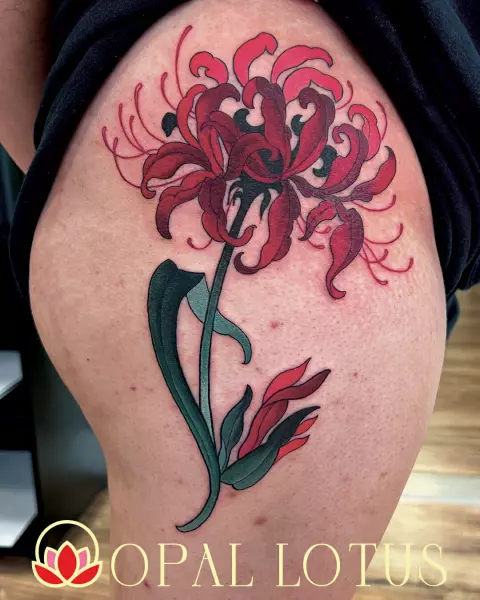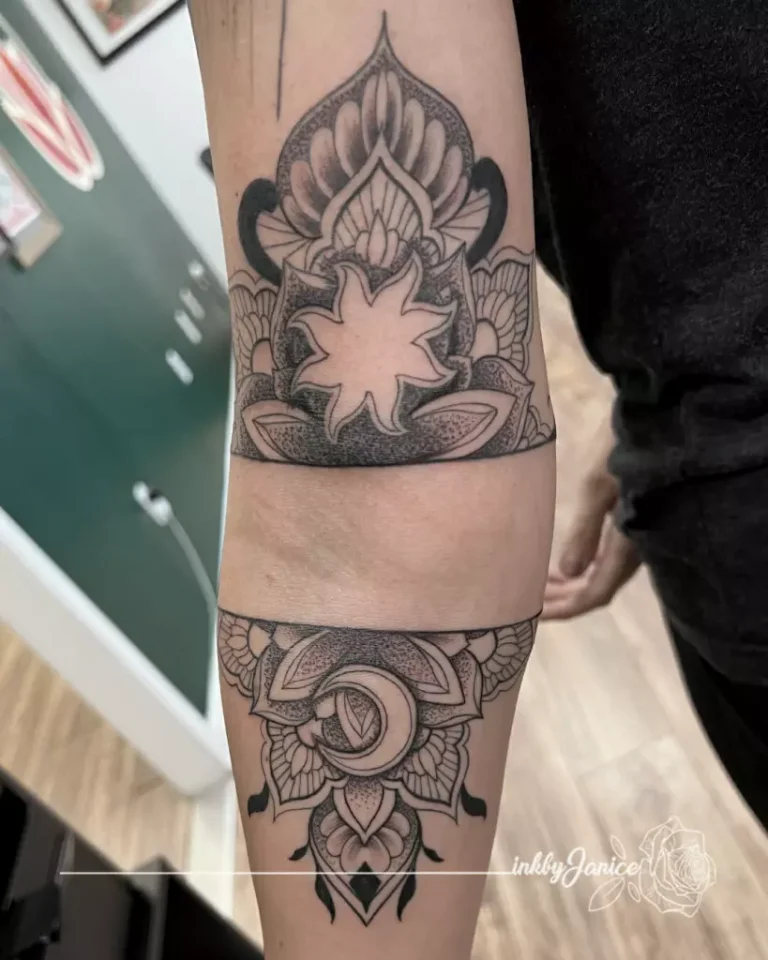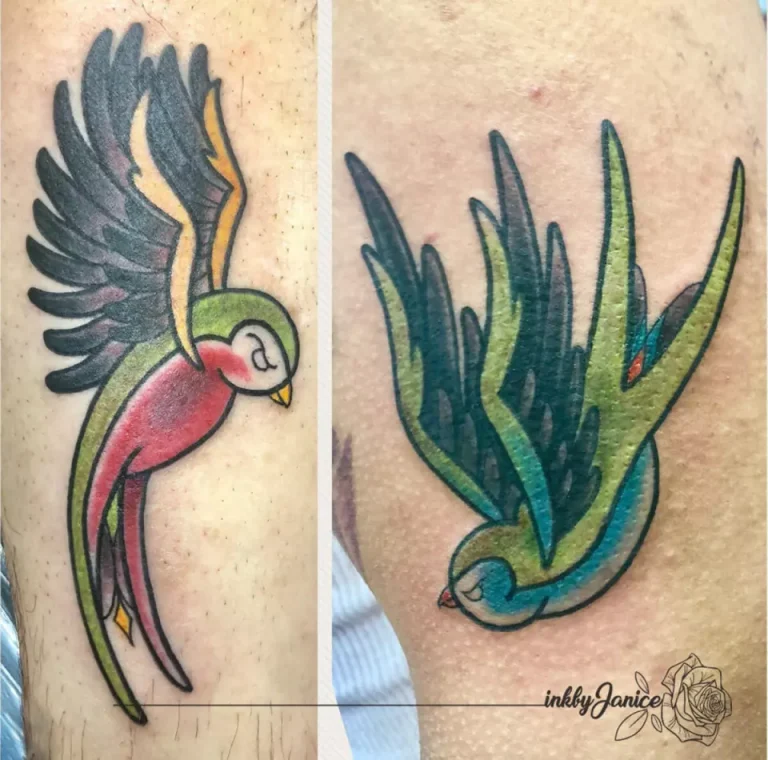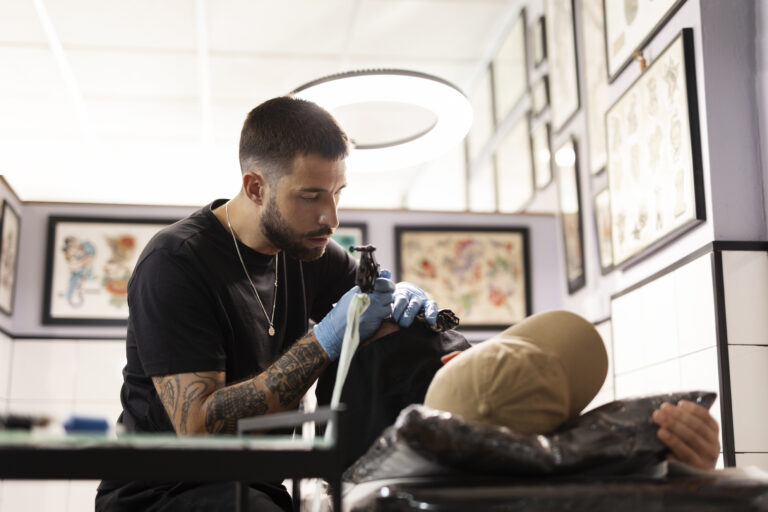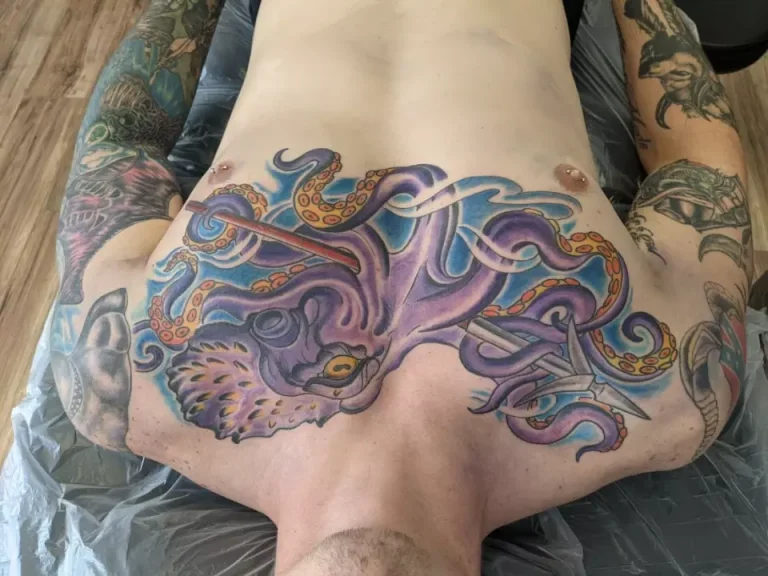It is extremely interesting to learn about Japanese culture and the importance that this iconic style of tattooing has.
It would be absurd to suggest that the history of tattoos in Japan is very complicated. Tattoos have been used by Japanese for thousands of years to show that they respect their traditions and are socially acceptable. When it came to tattooing in Japan, there were massive social changes that took place that changed the cultural significance of the art form significantly. During this time, Japanese tattoos were used to represent the gods, the deities and as a symbol of power and leadership.
History and cultural role of tattoos in Japanese culture.
Tattooing has been traced back to the Jmon period, which is about 10,000 years ago. Some believe that the tattoos were used for religious and ceremonial purposes. The Yayotsu or Early Edo era is the earliest known example of the Japanese style of tattooing. The Yayoi Period (300 BC-300 AD) saw the use of tattoos to show that they were highly regarded and as a means of indicating to people that they were influential in their society. By the middle ages, tattoos had become a popular way for criminals to be identified and punished. Tattoos were originally used as punishment for criminals in order to make them visible to others in society. Tattooing became more popular in the Edouard era, but it was still not acceptable by the general public. When various other artforms began to thrive, tattooing became the popular form of artistic expression that it is today. Although many powerful Japanese tried to ban tattooing, it became very popular and became a form of fine art.
Because the Japanese government decided to invade and colonize the country, there was no longer a place for artists to create tattoos. Japan banned tattooing and other body art in order to appear more civil to foreigners and to be able to escape foreign occupation. After the Japanese invasion of Japan in 1948, the law made it possible for people to get tattoos legally, allowing them to be a part of the normal society. It is said that during the time when films were being made about the Yakuza, which was a form of illegal criminal organization in Japan. People started to think that criminals who wore a lot of tiger and dragon tattoos on their backs were evil. This was a worldwide phenomenon as people everywhere began to think that they were evil. It was not until the 1970s that Japanese tattoos began to become recognized as being more feminine than the ones commonly associated with murderers. They have been adopted by people around the world for their smooth lines and easily distinguishable imagery.
What are the Meanings of Japanese Tattoos?
Japanese culture is inspired by the mythology of various animals and natural objects. It is thought that traditional Japanese tattoos have unique meanings that are determined by the individuals who wear them. Modern society does not attempt to explain or explain the meanings that these images convey.
Dragon Tattoo symbolism is the symbol that represents a particular animal or an animal that is very important in Japanese culture.
Dragon tattoos are extremely popular because they are based on the dragon symbol. It often looks like a huge serpent that has no wings and which has claws that allow it to move about freely. Dragons are able to cause huge floodings or even destroy large bodies of water, but they also represent wisdom and protection. This symbolism is associated with the belief that you will be able to understand more deeply, which will enable you to do things that will benefit others and you will have the power to do things that will benefit them.
Tigers are a common symbol for people who want to symbolize their identity and to show that they respect others.
Tigers are a symbol that has a lot of meaning in Japan, and they are often seen in opposition to the dragon in order to show that they oppose that force. Chinese mythology depicts the tigers as being in constant opposition to one another, and in other forms as being the opposing forces of yin and yang. Tigers often stand alone and represent people who are strong, powerful, and brave. It is a powerful representation of being strong and courageous; it can help repel evil spirits and illnesses.
Foo dogs are a type of lion and are depicted as guardians
It is believed that if the dog eats another animal, it can protect the owner. Dragons are a mythical animal that is often associated with being a powerful and fearless guardian. Symbolically, tigers symbolize power, courage, and good fortune.
Koi tattoo symbols and meaning: Koi is the Japanese symbol of wisdom, power, and protection.
Koi Fish is revered in Japan and is often associated with the concept of being a god. Koi, which means carp in Japanese, are a common fish that symbolize perseverance in the face of hardship or obstacles. Koi Fish Symbolism and Meanings: Koi fish symbolizes being strong and enduring when faced with difficulties. They also symbolize wealth and good fortune.
What are the Oni/Demon Masks that represent?
Oni, also known as black animals, are symbols of the spirit world and demons that terrorize those who live on this planet. They seem to be evil creatures that are able to steal valuable things and also cause disease to other people. But not all onions are evil; they contain many valuable nutrients that people need to live a healthy life. Some people believe that onions are evil and are very strong protectors. Most people think that the oni masks are evil and that they are always trying to trap people.
Snakes are often associated with a strong sense of protection, strength, and protection.
Snakes are depicted as a symbol of strength, courage, luck, and protection. Snakes are often used in Japan as a symbol that represents protection, wisdom, good luck, power, and the ability to change things. It is believed that snakes can be used to protect us from sickness and disasters.
Flower Tattoo Symbolism The flower that represents the feminine element is often associated with feminine qualities, such as love and compassion.
Flower tattoo symbols are very popular in Japan. They are also often combined with other symbols. Flowers are used to symbolize a life of abundant prosperity, with each flower representing a different symbolism. Lotus flowers symbolize understanding and having good sense. Cherry blossom petals are used in many Japanese style tattoos as if they are blowing in the wind or floating through the air. Cherry blossoms symbolize that life is fleeting, that we all die when we are still young, that nature is beautiful, and that it is beautiful and that we only have a brief time to enjoy it. Flowers that resemble the petals of a chrysanthemum have long been used in tattoos and are often used in conjunction with high status people. Chrysanthemum flowers are also associated with meanings that include living a long life, being happy, and being a sign of being godly.
Water/Wave Tattoo Symbolism and Meanings:
Water, waves, and water are often depicted in the artwork of people who are Japan and are often portrayed as a symbol of overcoming difficulties. Japanese people are often subjected to huge storms and tsunamis that can be seen in paintings, sculptures, and tattoos. Waves are symbolic of a strong will to live and do things well, like water does. It also indicates the strong qualities that water has, which are powerful and can cause harm as well as being gentle and quiet.
Book an appointment
We accept walk in appointments Wednesday to Friday from 11am to 7pm
Do you want to create a unique, meaningful statement of your identity? Come to Opal Lotus Katy and get the perfect custom Japanese tattoo that expresses who you are! Don’t wait, our experienced artists are ready to turn your vision into stunning, permanent art now. Take the first step towards self-expression and book an appointment today!


